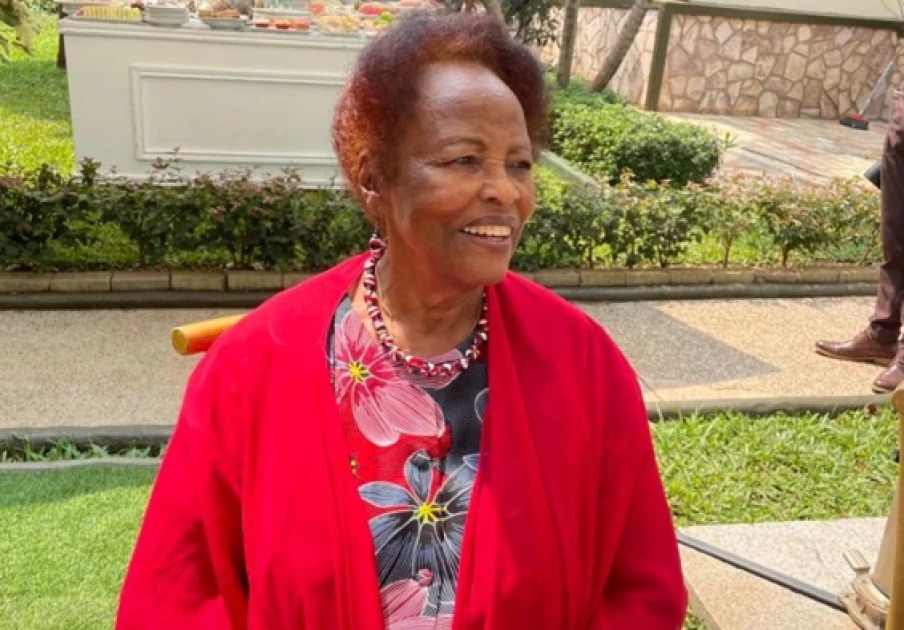

African chief executives are moving faster on artificial intelligence than many of their global peers, treating the technology as an immediate lever for growth rather than a distant bet.
New findings from the KPMG 2025 Africa CEO Outlook show a continent pushing ahead even as global sentiment softens.
While global uncertainty remains high, 79 per cent of African CEOs are optimistic about their own companies’ prospects.
Confidence in their organisations has risen sharply from last year, according to the report.
This stands in contrast to a cooling global mood, where economic confidence has dropped to a five-year low.
According to the report, the outlook is fueling decisive investment with 61 per cent of African CEOs already investing in AI, and 62 per cent are prioritising talent development to sustain growth.
The report describes this as a shift in mindset, where AI is now seen as a tool for operational efficiency, better decision-making, and long-term resilience.
KPMG South Africa CEO and CEO of KPMG One Africa Ignatius Sehoole said that executives are no longer viewing AI as a threat.
He notes that as AI becomes more deeply embedded in daily business operations, CEOs are prioritising talent development, recognising that skills are being fundamentally redefined.
Leaders are approaching this change proactively, embracing the opportunities AI presents rather than viewing it as a threat.
The report states that Africa’s stronger push into AI comes despite real structural barriers.
“96 per cent of African CEOs say poor data quality or preparedness is a major challenge to implementing AI,” it stated.
The report identifies this as a deeper issue than infrastructure, with many AI systems trained on Western datasets that fail to reflect African markets, languages, and consumer patterns.
CEO designate of KPMG South Africa, Joelene Pierce, warns that this bias limits the effectiveness of AI on the continent.
She explains that models trained primarily on Western datasets often struggle when applied in African contexts.
She adds that solving this will require local data curation, labelling, and open-data partnerships.
Fourteen per cent plan to allocate more than 20 per cent of their annual budgets to AI in the next year.
The figure is lower than the global rate of 26 per cent, but the report notes that African leaders are investing from a base of tougher conditions, including unreliable power and costly cloud infrastructure.
Most CEOs say AI is already reshaping workforce expectations, with 65 per cent rethinking the skills required for entry-level roles.
Many expect AI to expand rather than shrink their workforces.
The report suggests African CEOs are defying global caution by embracing AI as a present-day growth engine.
Their strategies indicate that, in a challenging economic climate, AI has become central not only to efficiency but to survival.
Sehoole said the continent’s leaders are embracing the opportunities AI presents.



















